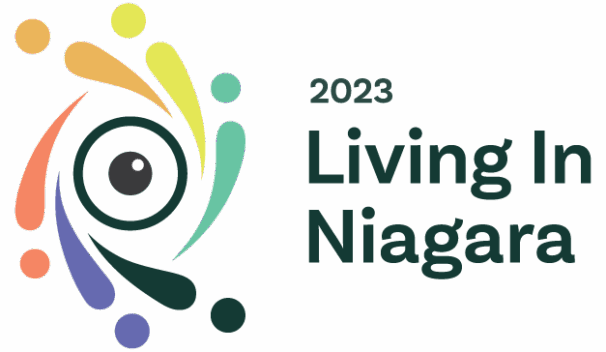It takes trust in one another to build a safe community where everyone feels comfortable to engage with others and to turn to neighbours and officials when help is needed. Trust is also required to participate in shared community activities and to share resources and ideas.
In 2003, nearly 6 out of 10 Canadians believed that others could be trusted. The level of trust was slightly greater for men and for those aged 45-64. The level of trust ranged from 34.6% in Quebec to 68.1% in Prince Edward Island and 59 % reported trusting others in Ontario. Internationally, Japan (in 1999) and Canada (in 2000) were the most trusting nations, with 40% of the Canadian population maintaining that others could be trusted.
In a randomized Social Capital Survey conducted by telephone in Fort Erie in 2003, 61.5% believed people in their town could be trusted. 52% trusted the people in their neighbourhood a lot; 29.9% trusted them some; 12.5% trusted them a little; and 2.3% didn’t trust them at all. 91.4% believed the people would cooperate in an emergency, and 58.8% would very likely or likely ask a neighbour for help if they were sick.
We have not conducted a Niagara-wide survey to date. A Social Capital Survey to measure the sense of belonging inclusion, reciprocity, trust, civic engagement, and social networks in Niagara could provide a good measure of life in Niagara.
Rating: 3



